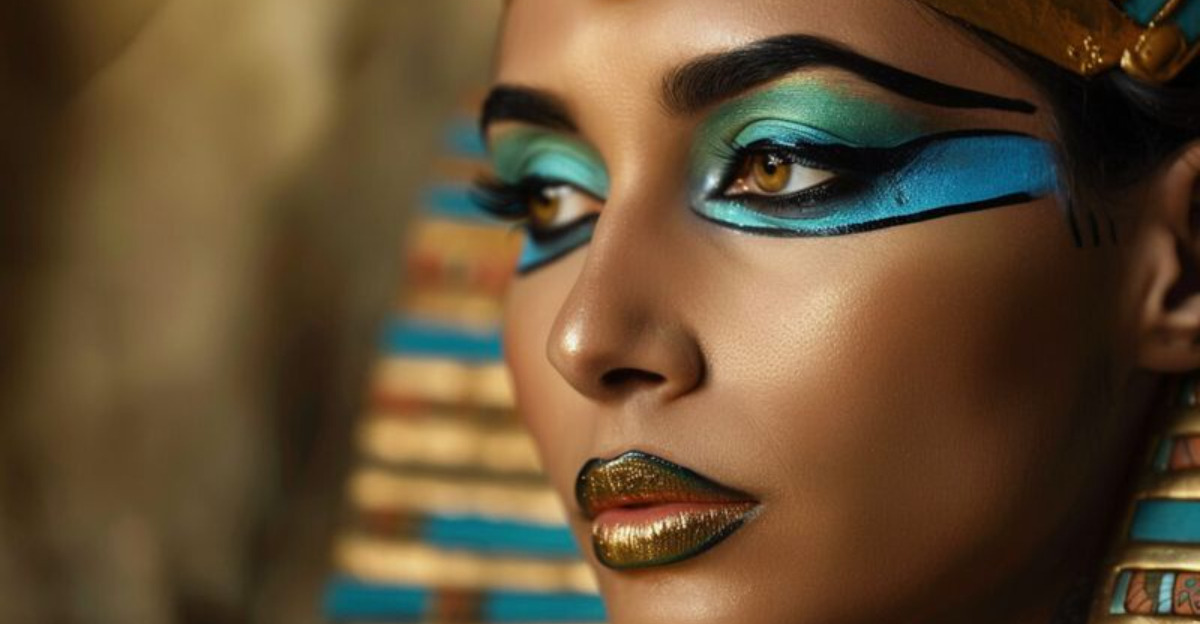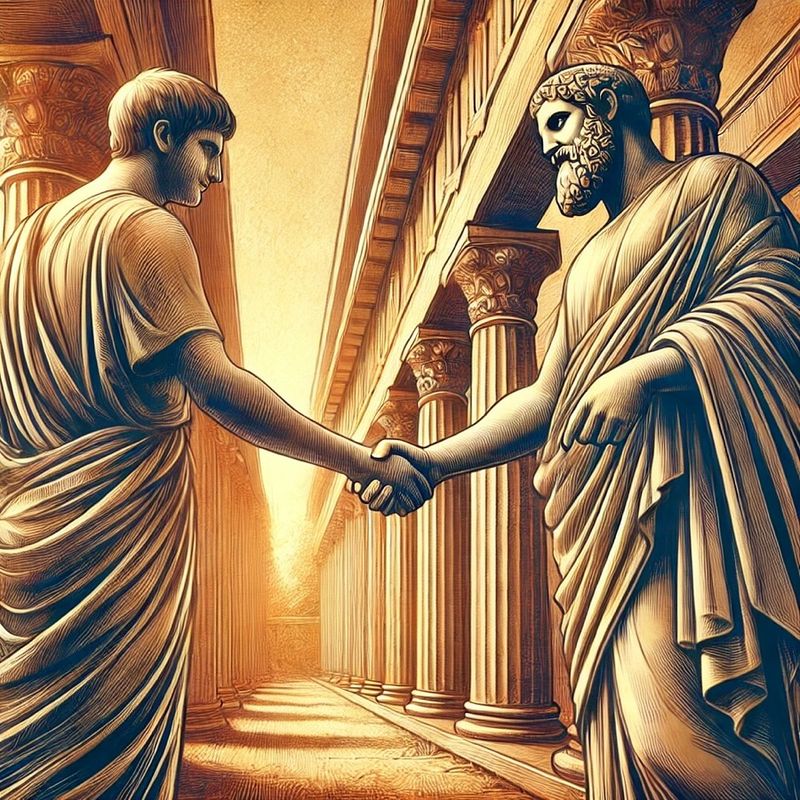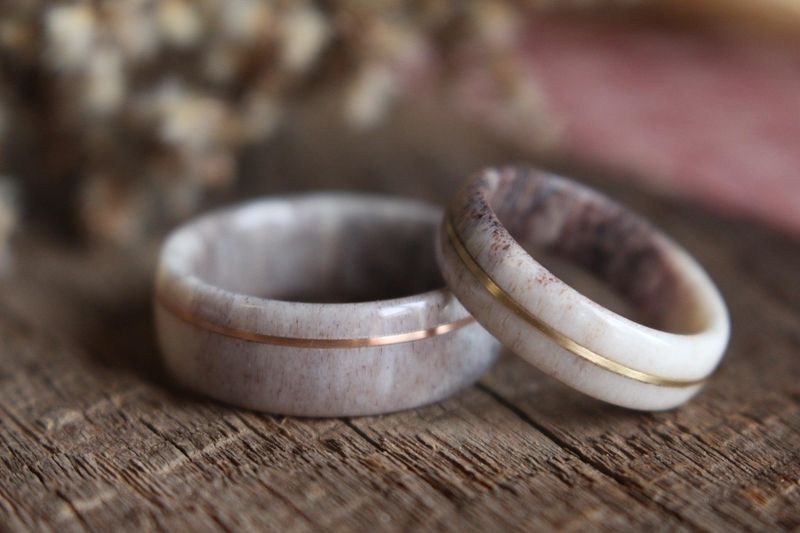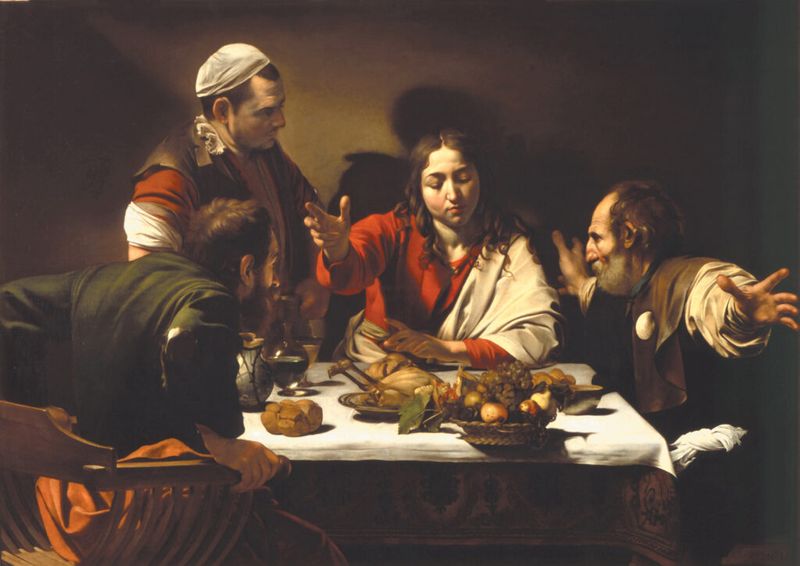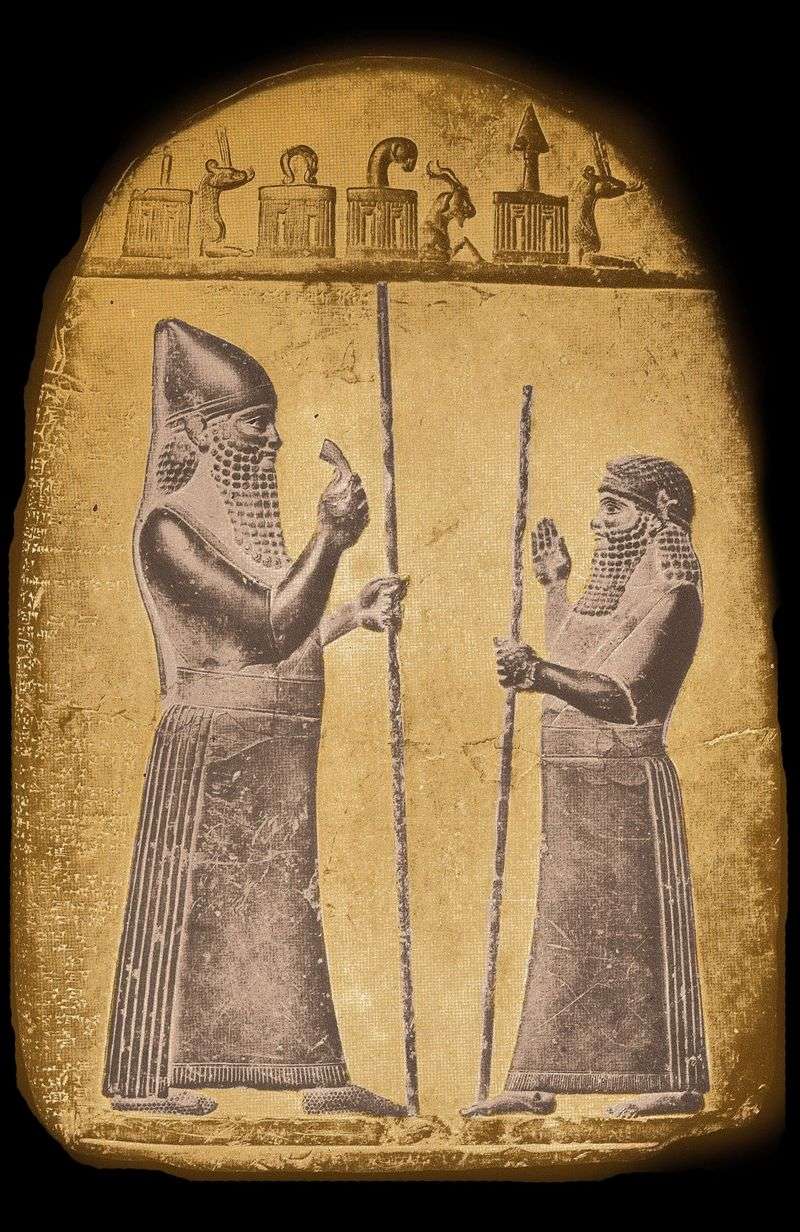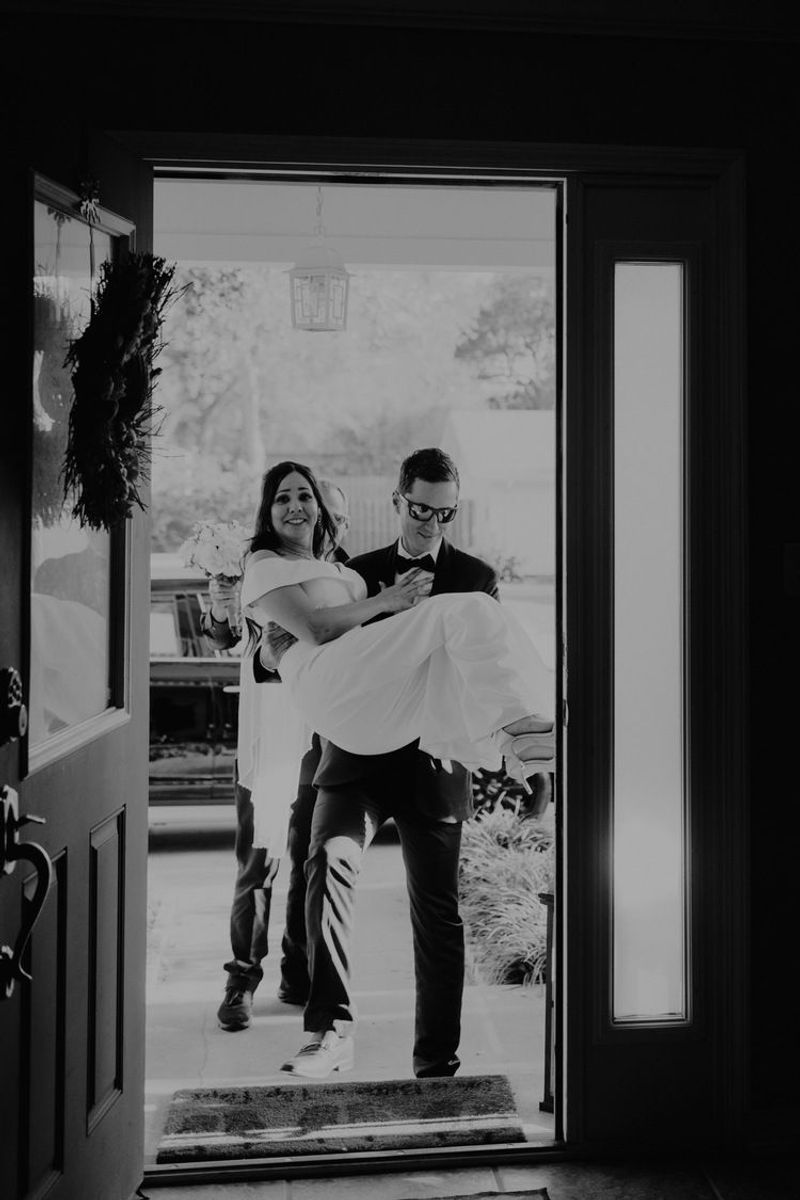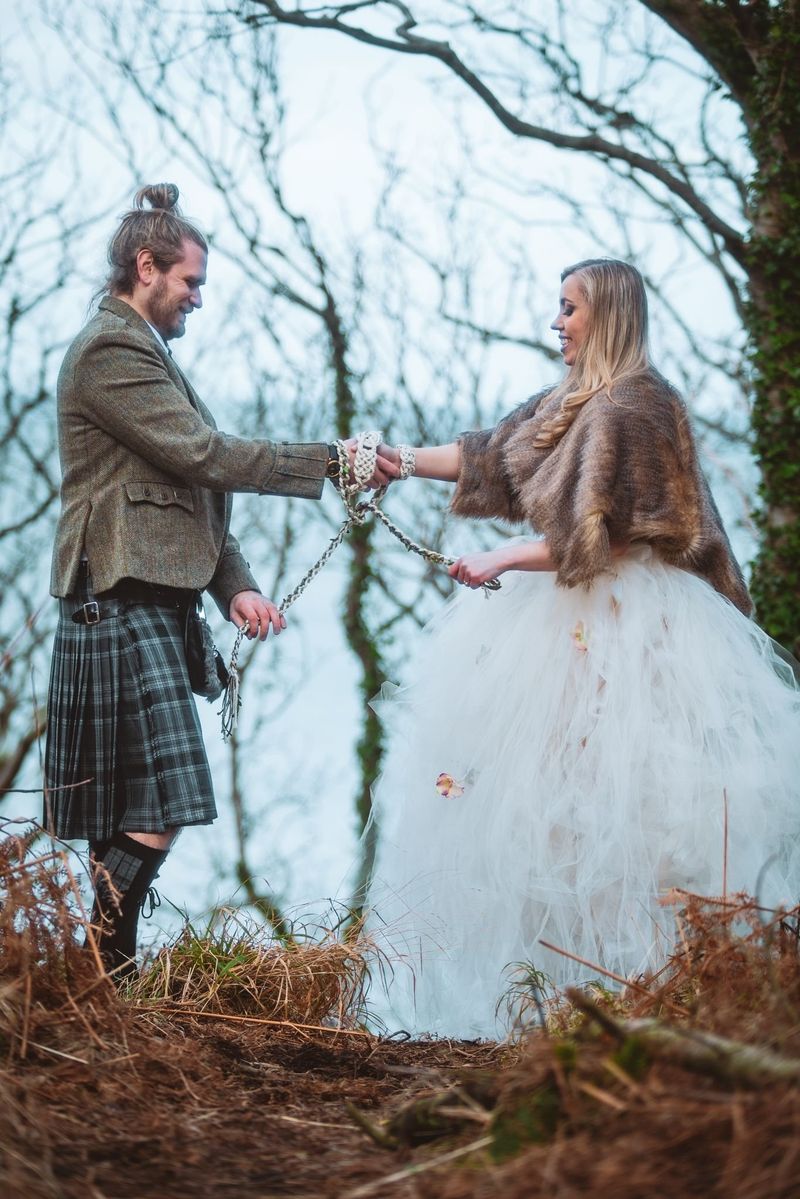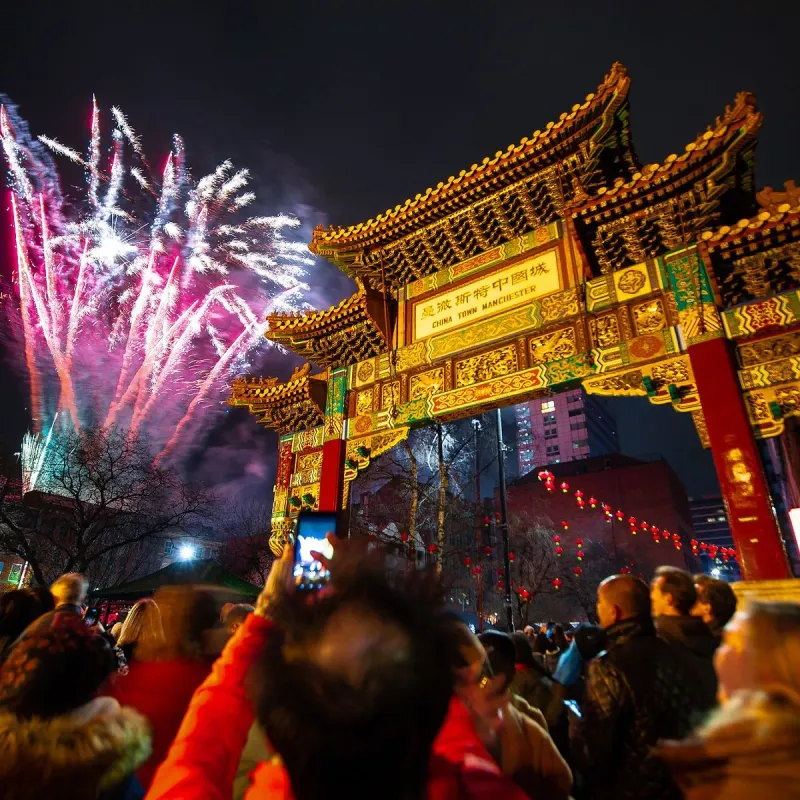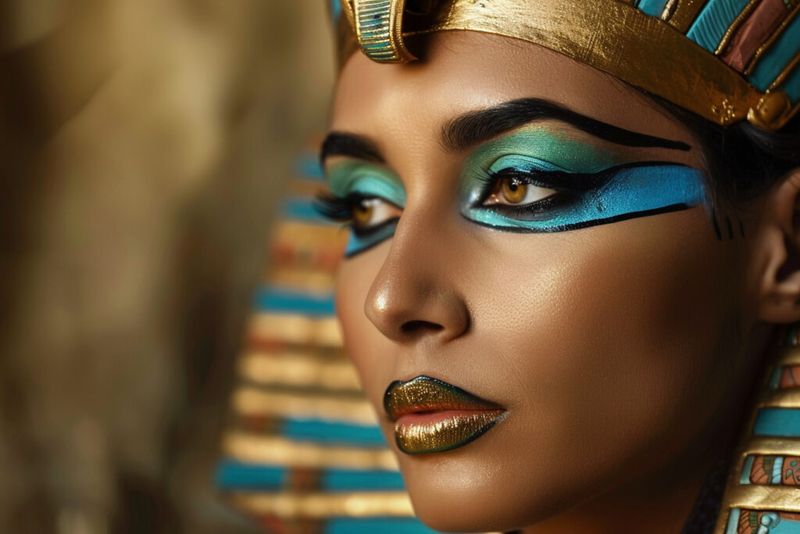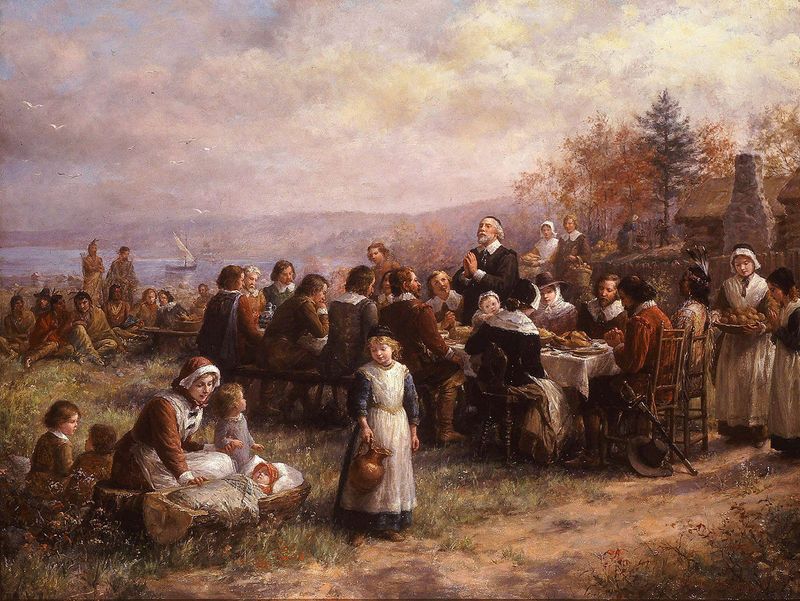Every day, you perform countless actions without thinking twice about them.
That handshake at work, the birthday candles you blow out, even the way you say “bless you” after someone sneezes – these aren’t just modern habits.
They’re ancient rituals that have survived thousands of years, quietly shaping how we interact with the world around us.
1. Handshakes Show You’re Weapon-Free
Ancient Greeks created this gesture to prove peaceful intentions during meetings. By extending an open hand, warriors demonstrated they carried no hidden weapons.
Today’s business handshake carries the same symbolic meaning of trust and openness. Your firm grip still communicates honesty and reliability, just like it did in ancient marketplaces thousands of years ago.
2. Wedding Rings Promise Eternal Love
Egyptian couples wore circular bands on their ring fingers, believing it connected directly to the heart through the “vein of love.” The endless circle symbolized eternal commitment without beginning or end.
Modern couples continue this tradition, placing rings on the same finger their ancient ancestors chose. That simple band carries 4,000 years of romantic symbolism every time you glance at it.
3. Birthday Candles Carry Wishes to Heaven
Greeks lit candles on moon-shaped cakes for Artemis, goddess of the hunt. They believed rising smoke transported their prayers and wishes directly to the gods above.
Your birthday wish still follows this ancient practice. When you blow out candles and make a secret wish, you’re participating in a ritual that’s connected humans to the divine for over 2,000 years.
4. Breaking Bread Creates Instant Friendship
Romans considered sharing food the ultimate sign of trust and friendship. Breaking bread together meant you were willing to be vulnerable and open with another person.
Family dinners and business lunches still carry this powerful meaning. When you share a meal with someone, you’re unconsciously following a Roman ritual that transforms strangers into trusted companions through food.
5. Knocking on Wood Summons Protective Spirits
Pagans believed tree spirits lived inside wood and could grant protection from bad luck. Knocking three times was thought to awaken these helpful spirits when danger approached.
You still knock on wood after saying something hopeful or boastful. This automatic response connects you to ancient forest dwellers who relied on tree spirits for protection against life’s uncertainties.
6. Fountain Coins Buy Divine Favor
Romans threw coins into sacred wells and fountains as offerings to water gods. They believed these deities controlled luck, love, and future prosperity.
Tourist fountains worldwide still collect millions of coins from hopeful visitors. Your penny tossed into a fountain follows the same Roman logic – trading metal for divine intervention in your personal affairs.
7. New Year’s Resolutions Honor Ancient Gods
Babylonians made promises to their gods during spring planting season, hoping for good harvests and divine protection. These vows were considered sacred contracts with the heavens.
January 1st resolutions follow this same pattern of divine bargaining. Your promise to exercise more or eat better continues a 4,000-year-old tradition of negotiating with higher powers for personal improvement.
8. Funeral Wakes Prevent Zombie Awakening
Medieval families literally watched over dead bodies for days, fearing premature burial. They needed to ensure the deceased didn’t “wake up” and return to haunt the living.
Modern funeral wakes serve the same protective purpose through community gathering. Friends and family still “watch over” the departed, providing comfort while maintaining the ancient vigil against supernatural return.
9. Black Mourning Clothes Hide You from Ghosts
Romans wore dark clothing to funerals believing it helped them blend into shadows and avoid detection by restless spirits. Black garments provided camouflage from supernatural revenge.
Funeral attire remains predominantly black across cultures today. Your dark suit or dress at memorial services continues this Roman strategy of spiritual protection through strategic color choices.
10. Carrying Brides Protects Against Evil Spirits
European grooms carried brides over thresholds because doorways were considered dangerous spiritual portals. Evil spirits supposedly lurked near entrances, waiting to possess vulnerable newlyweds.
Wedding photos still capture this threshold moment worldwide. Modern grooms unknowingly continue an ancient protection ritual, ensuring their wives safely enter their new homes without supernatural interference.
11. Tying the Knot Literally Binds Couples Together
Celtic handfasting ceremonies involved physically binding couples’ hands with rope during wedding vows. The knot had to remain tied for a full year to ensure marital success.
Wedding phrases like “tying the knot” preserve this ancient practice. Modern ceremonies may skip the actual rope, but the symbolic binding of two lives together maintains the Celtic tradition of physical unity.
12. Saying Bless You Prevents Soul Escape
Medieval people believed sneezing temporarily expelled the soul from the body, leaving it vulnerable to demonic possession. Quick blessings were essential for spiritual protection during this dangerous moment.
Your automatic “bless you” response continues this protective ritual. Even in secular settings, you’re performing a medieval blessing designed to safeguard someone’s soul from supernatural attack.
13. Fireworks Scare Away Invisible Demons
Chinese celebrations used explosive bamboo and gunpowder to frighten evil spirits with loud noises and bright lights. Demons supposedly fled from sudden bursts of sound and fire.
New Year’s Eve fireworks serve the same spiritual purpose today. Your celebration continues an ancient Chinese strategy of using explosive displays to cleanse the coming year of malevolent supernatural forces.
14. Makeup Provides Spiritual Protection
Egyptian kohl wasn’t just cosmetic – it contained antimicrobial properties and was believed to ward off evil spirits. Painted eyes offered both physical and supernatural protection.
Daily makeup routines echo this ancient protective practice. Your morning cosmetics continue the Egyptian tradition of using pigments and paints as spiritual armor against unseen dangers throughout the day.
15. Holiday Feasts Honor Harvest Spirits
Ancient cultures prepared elaborate meals to thank gods for successful harvests and ensure continued abundance. These feasts honored the spirits who controlled crop growth and seasonal cycles.
Thanksgiving dinners and holiday meals maintain this grateful tradition. Your family gathering continues ancient practices of celebrating abundance while honoring the forces that provide sustenance throughout the year.
